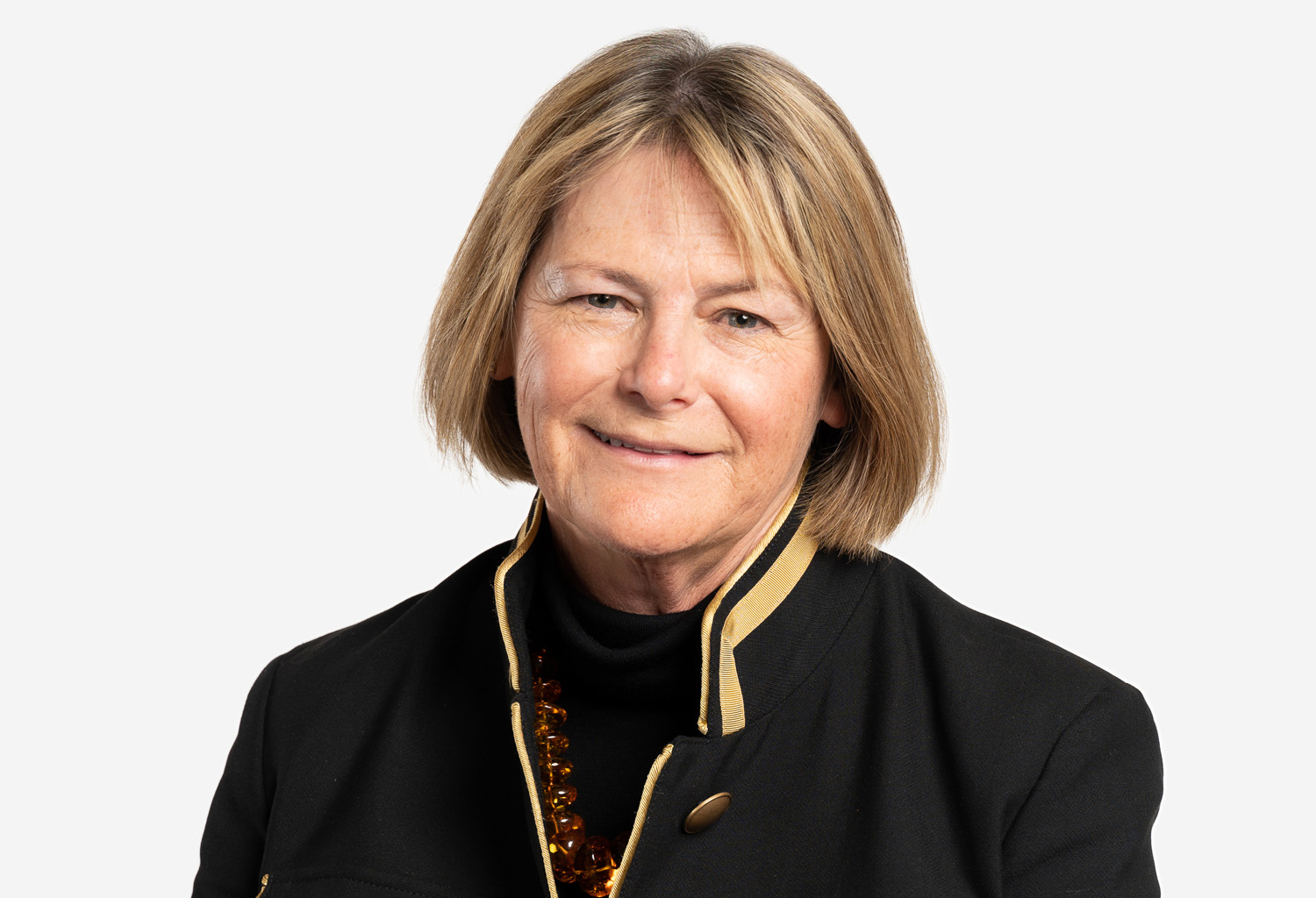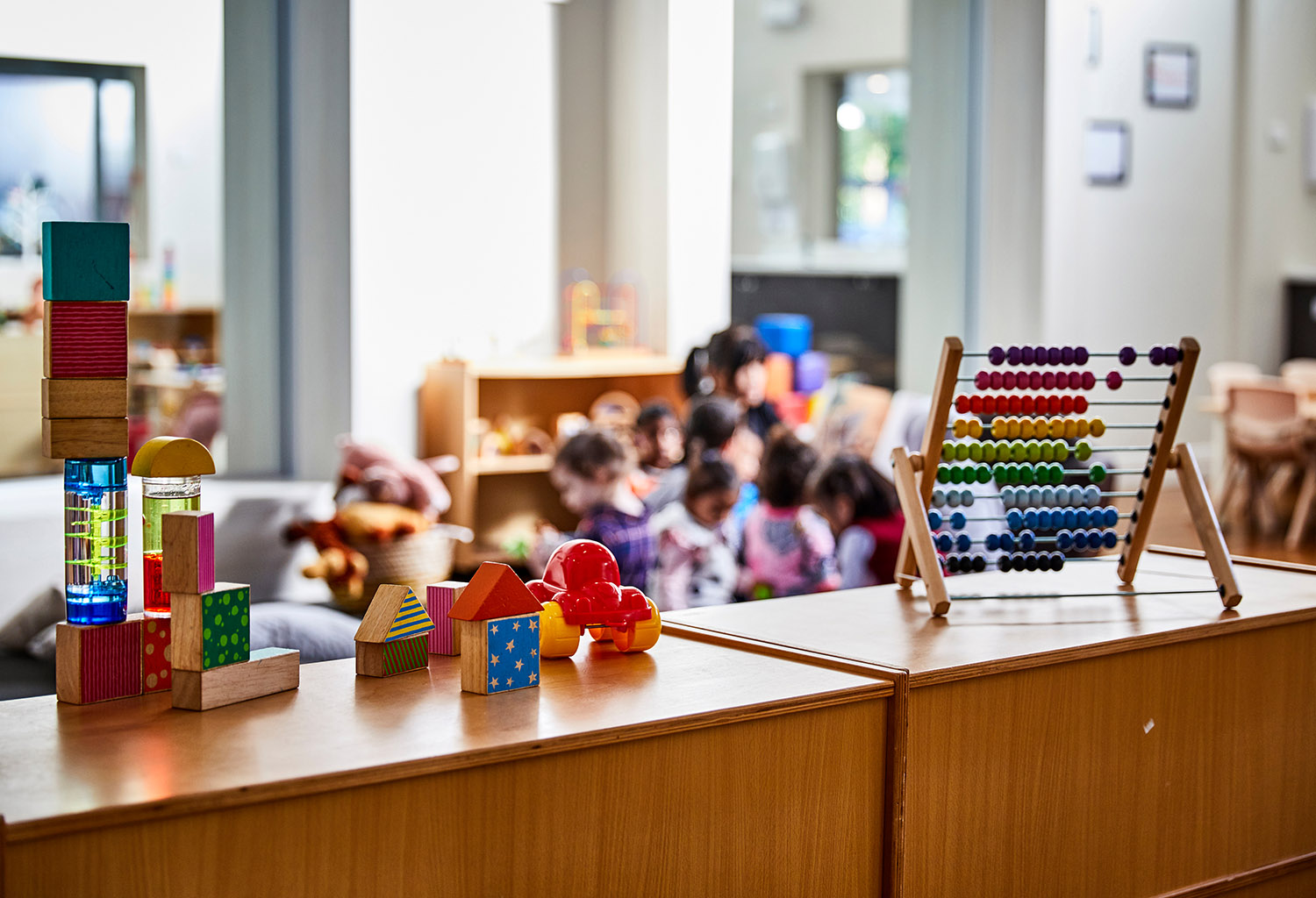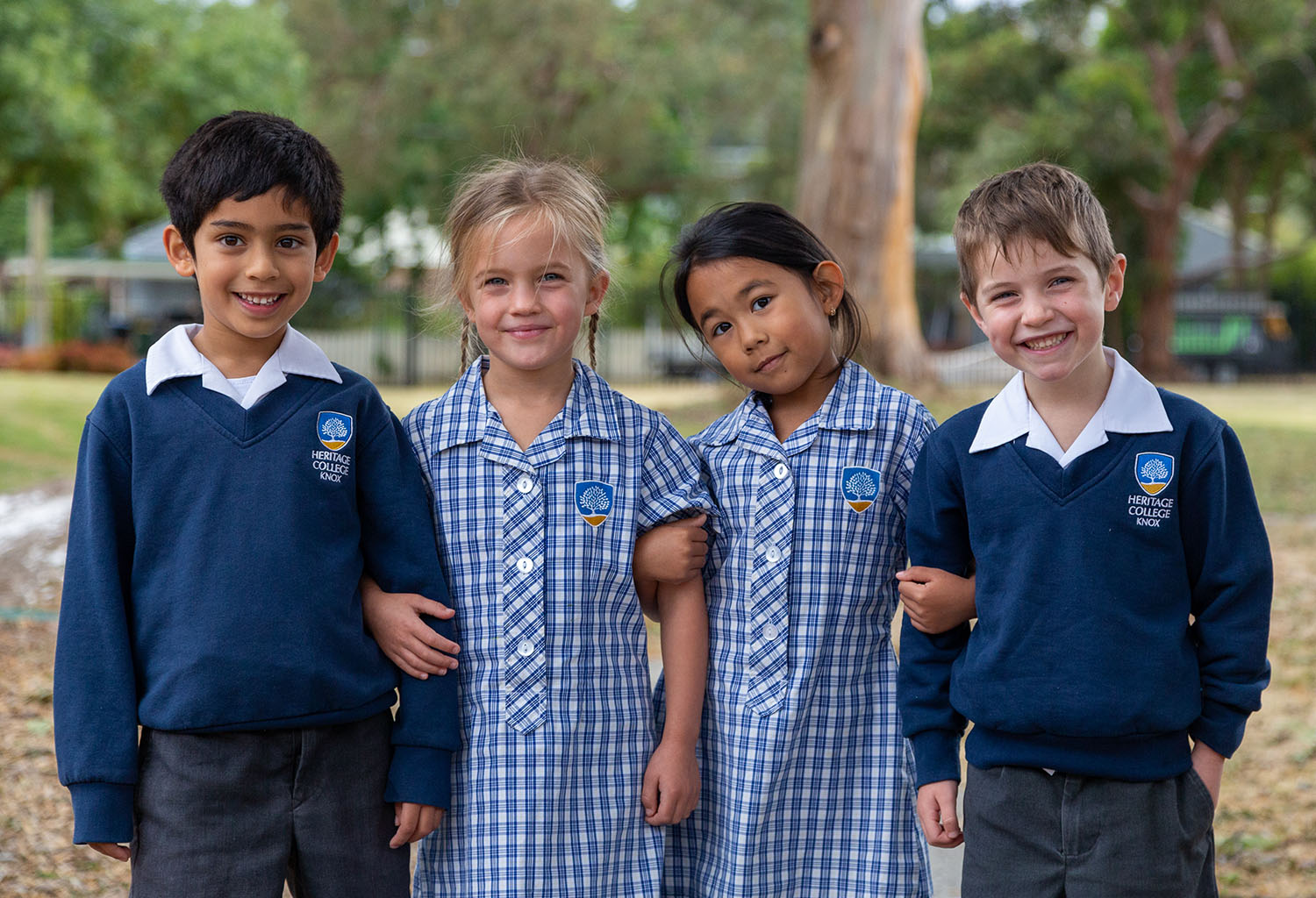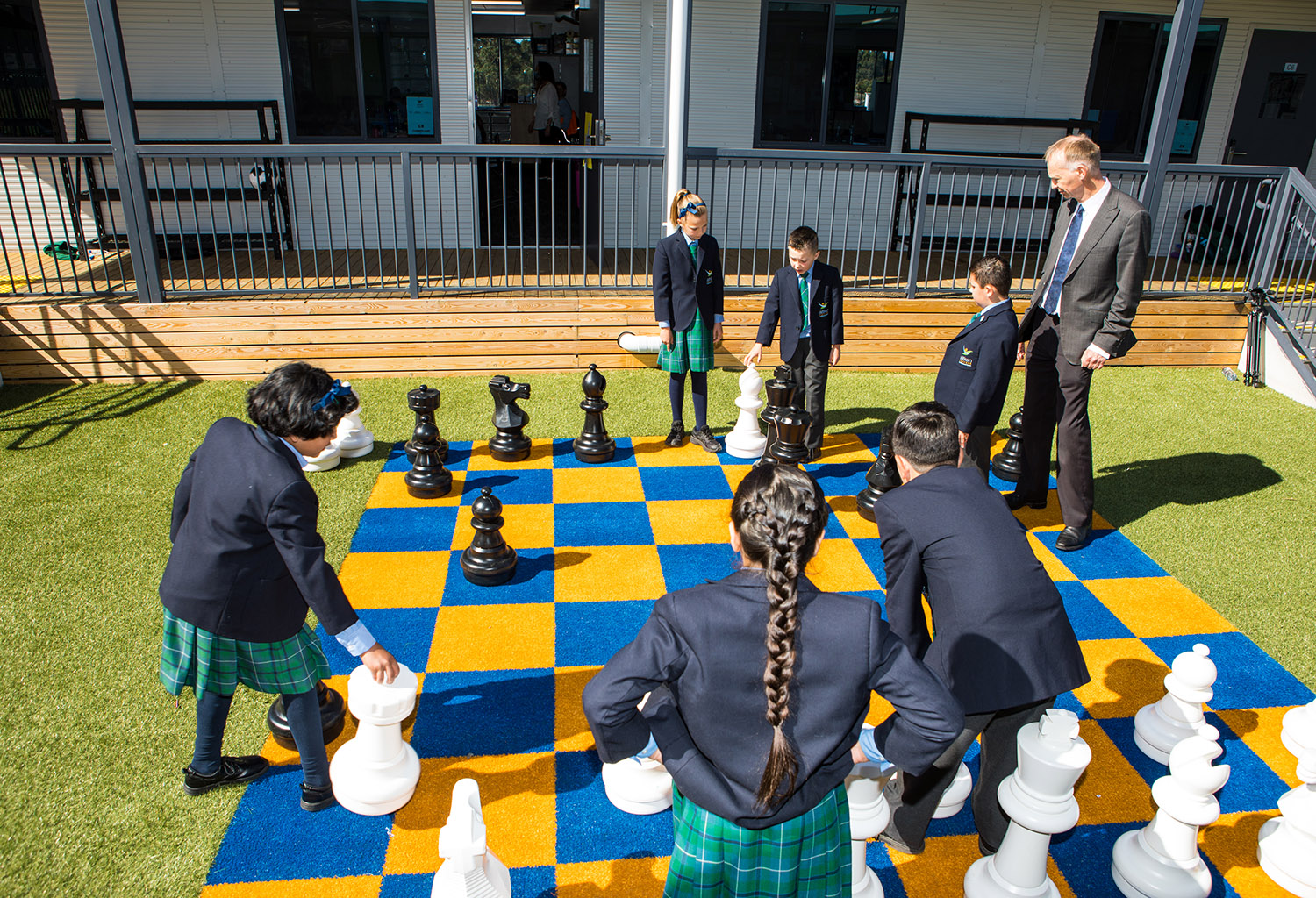Time to reset links between the government and Independent schools
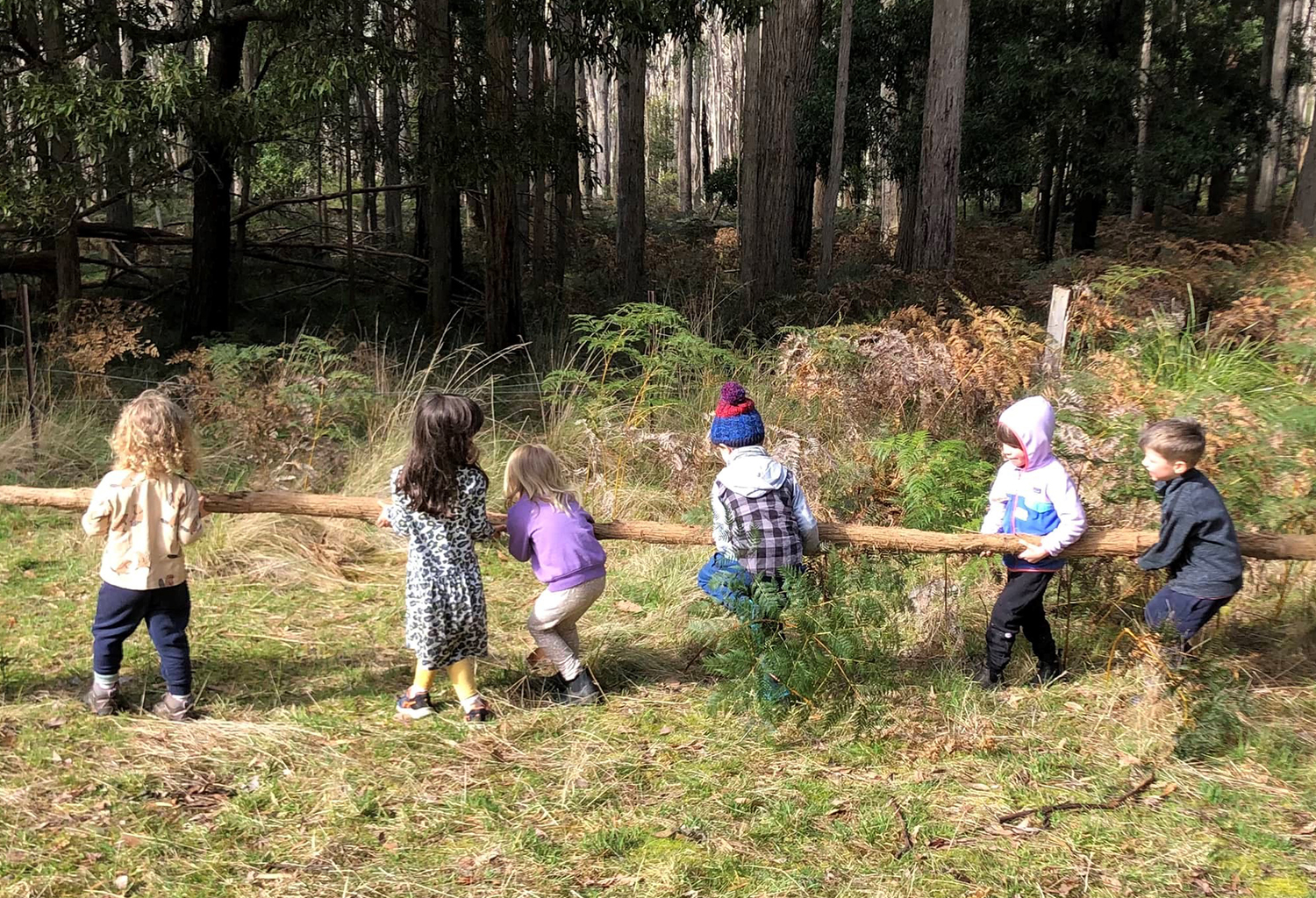
3 min read
The swearing in of Victoria’s new Premier, Ms Jacinta Allan, and her new deputy, Mr Ben Carroll, offers a chance to move past what has been a difficult period in the relationship between Independent schools and the Victorian Government.
The past five months have been, to put it mildly, a difficult period in the relationship between Independent schools and the Victorian Government. The government’s surprise decision in its May budget to impose payroll tax on selected non-government schools was unprecedented. Equally unprecedented was the stress this placed on the relationship between those schools and the government.
The swearing in of a new Premier, Ms Jacinta Allan, and her new deputy, Mr Ben Carroll, who also has taken on the education portfolio, offers a chance to restore what had been a generally cooperative relationship prior to the announcement of the payroll tax.
“To cover the cost of the tax many schools have inevitably but reluctantly been forced to raise fees, placing further strain on family budgets.”
— Michelle Green, ISV Chief Executive
Opposition to payroll tax on schools remains unchanged
ISV’s opposition to the tax remains unchanged. We believe it is an unfair tax on learning that has never been applied before and isn’t imposed by any other state. We oppose it in principle and in practice. Non-government schools are not-for-profit organisations that perform a public good. They and the growing number of parents who send their children to them should not be exploited as sources of government revenue.
To cover the cost of the tax many schools have inevitably but reluctantly been forced to raise fees, placing further strain on family budgets.
Even though we oppose the tax and seek its repeal, ISV, as a non-partisan member service organisation, is committed to working with the government and in particular the Education Minister and his department.
We have welcomed Mr Carroll’s appointment, noting his commitment to the importance of education in providing the fundamental foundation for the success of our young people, his public acknowledgement (based on his personal background) of the value of non-government schools, and the depth of his ministerial experience. The fact he is Deputy Premier adds authority and weight to his ministerial portfolio.
We hope that, in the immediate term, his appointment breaks the bureaucratic and political logjam which has prevented Independent schools from receiving responses to extensive questions, relating to the practical implementation of the payroll tax, which we submitted to the government in August.
Building relationships for the longer term
In the longer term, and leaving aside the tax issue, we want to build a relationship with the government in which Independent schools are recognised and respected as essential partners in an education system that involves government, Independent and Catholic schools.
While government statements often acknowledge the role of non-government schools, this does not always apply in government practice. At times, official commitments to consultation amount to informing non-government schools of policy changes moments before (and sometimes even after) they are announced. This might stem from the fact that policy-makers control and manage government schools, while enacting legislation, policies and regulations that affect all sectors. This creates conditions – such as we’ve witnessed over the past five months – in which non-government schools are regarded as outliers, not equal partners.
This is unsustainable, inefficient and can lead to poor policy and a lack of coordination. It obstructs opportunities for collaboration that would benefit teachers and students, regardless of sector. It can also mean the value of Independent schools is judged not on the social good they provide, but as easy sources of revenue for the state treasury.
Michelle Green was Chief Executive of Independent Schools Victoria from 2002–2023.
Image credit: The Alice Miller School.
